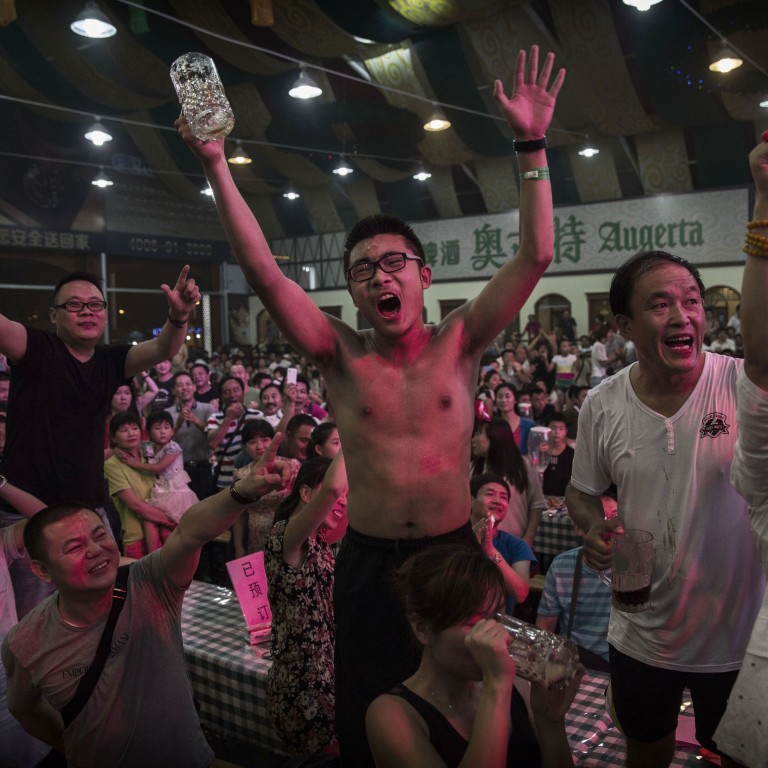
Alibaba rape allegation exposes China’s alcohol problem: high rates of assault, workers pressured to binge drink, accidents and cancer
- An allegation by a female Alibaba employee has sent shock waves through corporate China, but belies a wider problem of enforced workplace drinking
- Experts worry about rising alcohol consumption across society; a 2018 report revealed China had world’s highest number of alcohol related deaths
The employee said she was peer pressured into drinking heavily at the gathering on July 27, where she was allegedly groped by a client. Afterwards she accused her manager of raping her later that same evening.
Chinese-Canadian singer’s detention a turning point in Beijing’s crackdown
The manager accused of the assault has since been fired, and the case has given further impetus to China’s resurgent #MeToo movement in the wake of allegations against entertainer Kris Wu.

A string of accidents, rapes and violent assaults involving alcohol in recent years has health experts increasingly alarmed about the treatment of women and how China’s rising prosperity is changing patterns of alcohol consumption.
Work hard, drink harder
The Alibaba rape case has put a direct spotlight on how people view social drinking as a form of bonding.
Following the Alibaba rape allegation on Monday the company’s chief executive, Daniel Zhang issued an internal memo critical of the company’s drinking culture and also of how the case was initially handled when the victim first complained.
Zhang said both the employee accused of rape and the client involved had both been fired. The e-commerce giant is also the owner of the South China Morning Post.
“Regardless of gender, whether it is a request made by a customer or a supervisor, our employees are empowered to reject it,” he stated in the memo.
However the strong response from the company only occurred after the woman who made the rape allegation went public on Chinese social media, claiming she was ignored when she first reported the matter internally.
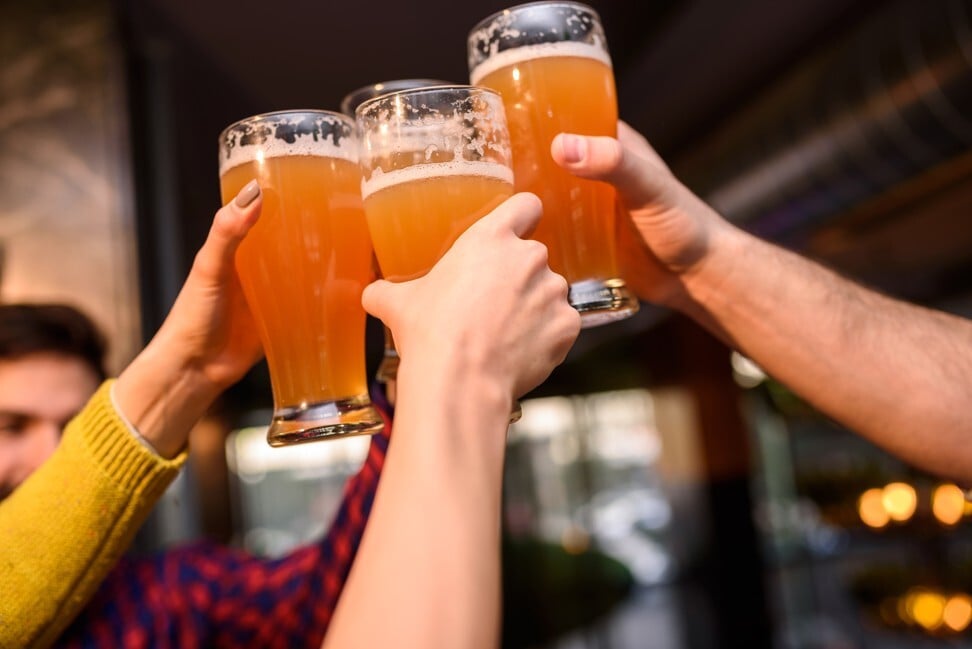
“I drink a couple of times every month, mostly for work,” he says.
“It’s an important way for me to do business. I would say it helps me solve problems at work.”
“Drinking together helps people get closer. People often say what they really think after drinking, and I can tell what a person is like – whether they are easy-going or have other personality traits.
“So in my opinion whether a working person drinks is largely related to his working environment. When I was a civil servant 10 years ago, my colleagues and I drank even more often than now.”

Zhu Zimei, a 26-year-old salesperson at an IT company in Beijing agrees that there is a strong impetus to drink in corporate work environments.
“I usually drink on social occasions when hanging out with friends, but sometimes with colleagues or for business reasons. I seldom drink with my family and I never drink alone.”
Good girls don’t drink alcohol
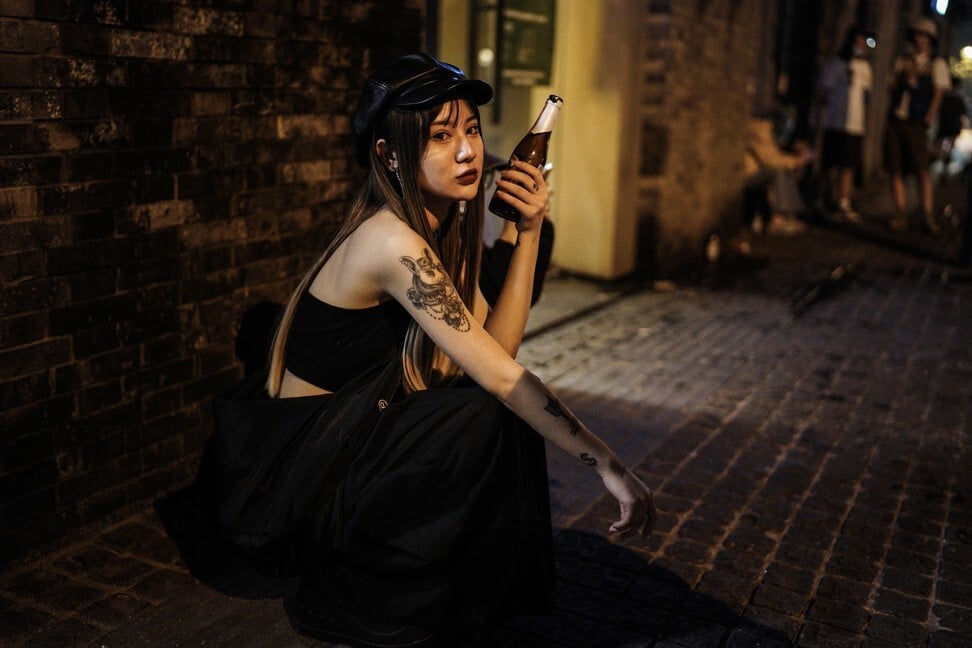
Professor Xu Gelin, Medical School of Nanjing University says young Chinese people in particular are abandoning traditional conceptions about alcohol and see drinking as an expression of individual choice.
“More people are aware that letting people eat or drink what they want is their most basic freedom.”
Ye Pengpeng, researcher at National Centre for Chronic and Noncommunicable Disease Control and Prevention, the average age of drinkers has been falling in recent decades and that attitudes among young people, especially young women, towards alcohol have shifted.
“More young people are smoking, and more women are too. That’s partly because women’s social status is improving, and more of them are engaging in social activities. Alcohol manufacturers are luring young people by using all kinds of marketing strategies,” he says.
However despite a growing sense of personal freedom and empowerment among young people in China, social taboos around women drinking alcohol remain.
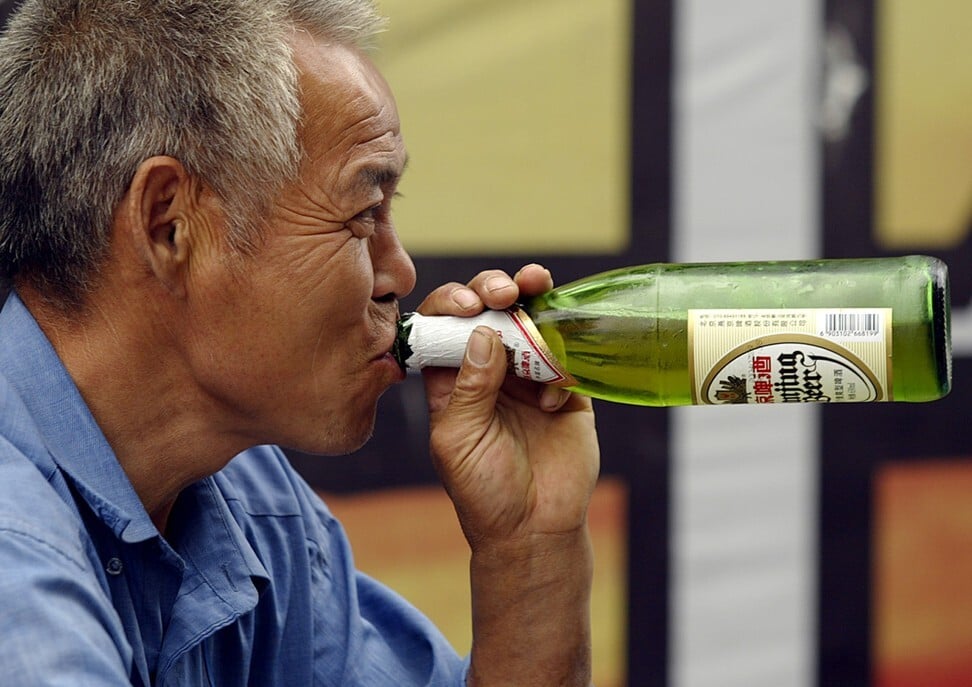
In late 2019 an 18-year-old woman in Kunming drowned in a river after a night out drinking with friends. Li Xincao and three university friends drank 24 standard beers between them over the course of several hours. After missing their train home the group returned to the bar and were served a further 12 beers and four shots of spirits.
At this point Li became insensible, wandering in and out of the bar and falling down and hitting her head against the table and floor. Her friends’ attempts to restrain her were unsuccessful and she eventually wandered onto a nearby road and jumped into a lake where she drowned.
While the media focused on the actions of her companions, little was said about the bar staff who continued to serve Li drink after drink even when it was apparent she could no longer sit upright and was clearly heavily intoxicated.

IT worker Zhu Zimei agrees there are still cultural and gender stereotypes in China around women and alcohol.
“My parents don’t want me to drink with people outside the family. They believe it’s dangerous for a woman to drink with them.”
She says she limits her alcohol intake and primarily does so in social settings and takes care to avoid drinking to the point where it could affect other aspects of her social and professional life.
However she says it can be hard to limit alcohol intake given the addictive nature of alcohol and peer pressure.
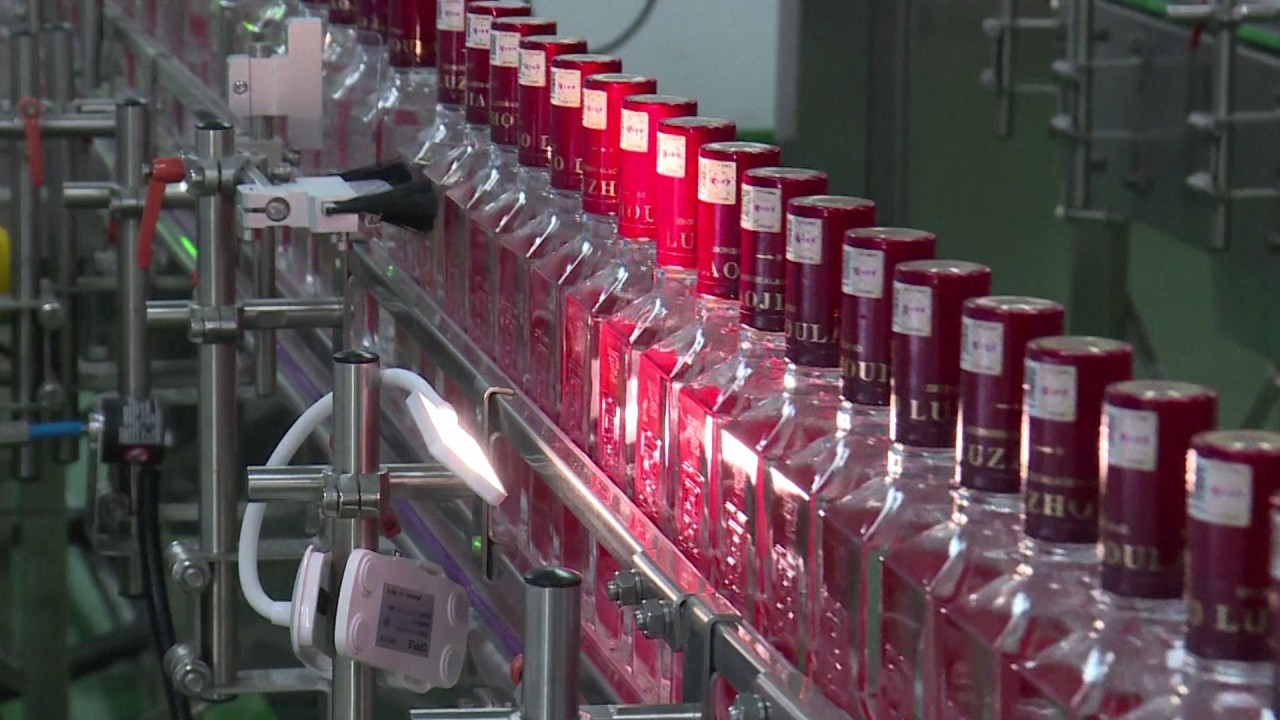
01:56
Baijiu, China's national spirit, seeking markets abroad where taste still fails to intoxicate
“I think drinking helps me relax, reduce stress and vent my emotions. And because usually we drink at night, and I myself would get happier the more I drink, I would find it hard to stop. So I would get less sleep than needed as a result.
Legal specialist Li also believes the drinking culture in China has changed between generations, with younger Chinese associating drinking as a part of socialising.
“I think unlike the older generation, Chinese people at my age today usually drink for socialising reasons.
“My father and his brothers would drink, whether alone or with company, every day, just as a life habit. But I’m different, although I enjoy drinking too.”
Statistically worrying trends
A further study on The Global Burden of Disease involving alcohol also published in The Lancet in 2018 revealed China topped the world in alcohol related deaths, recording 59,000 alcohol-related female deaths and 650,000 male deaths. The research looked at data on alcohol-related death from 195 countries from 1990 to 2016.
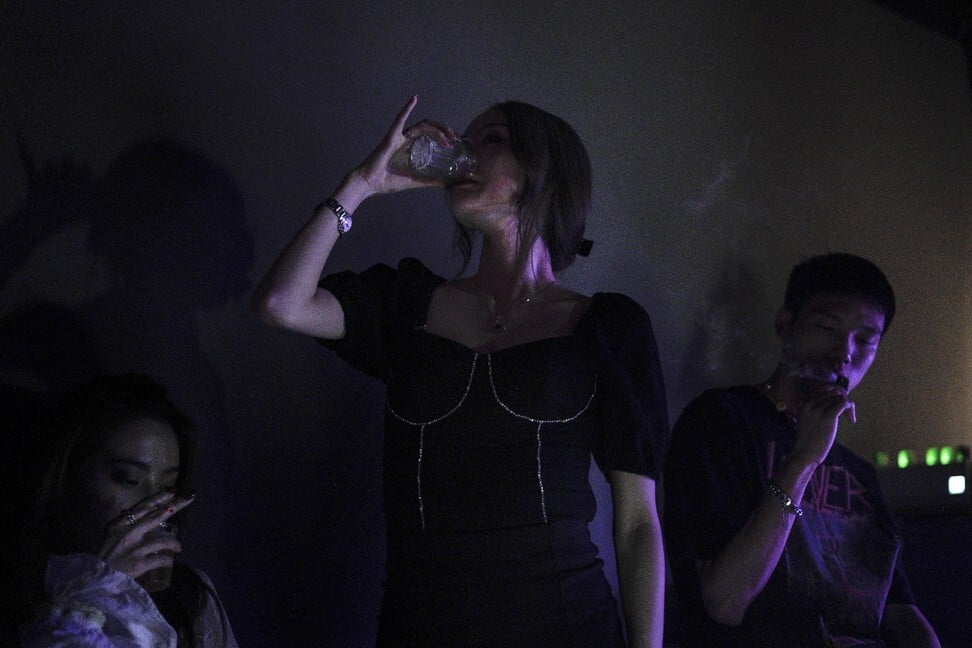
Professor Xu Gelin from the Medical School of Nanjing University, who contributed to The Global Burden of Disease study, says China’s economic transformation in the last 40 years has also been a primary driver in changing social behaviour around alcohol.
“The top factor behind increased alcohol consumption is economic growth. If you look back, historically when the economy was bad, the use of alcoholic beverages would drop, and when times were good, alcohol consumption went up again. After many years of economic growth, Chinese consumers today have shown great buying capacity.”
“Among the more serious health issues we are seeing are damage to the pancreas, liver, kidneys, violence and traffic accidents,” he says.
However, despite a growing awareness among the medical and scientific community of the damage caused by alcohol consumption and its links to dangerous behaviour, alcohol consumption has continued to grow, says Ye at the National Centre for Chronic and Noncommunicable Disease Control and Prevention.
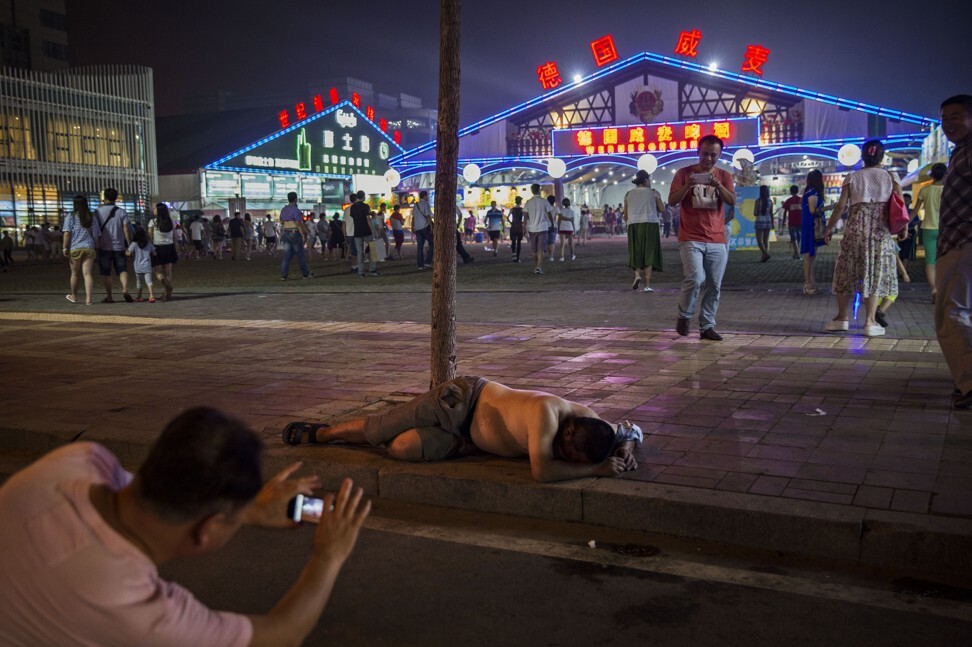
“Our annual survey on Chinese residents’ nutrition and chronic diseases, which polls 160,000 people aged 18 and above from over 3,000 counties and districts across the country, shows both the average drinking volume and related dangerous behaviours have been going up in recent years.”
Dying to fit in
Xu says another driving factor affecting young people’s mentality is the influence of television shows and literary works.
“Young people believe that like smoking, drinking is a sign of becoming mature. A large portion of young people drink because they want to follow other people’s example.”
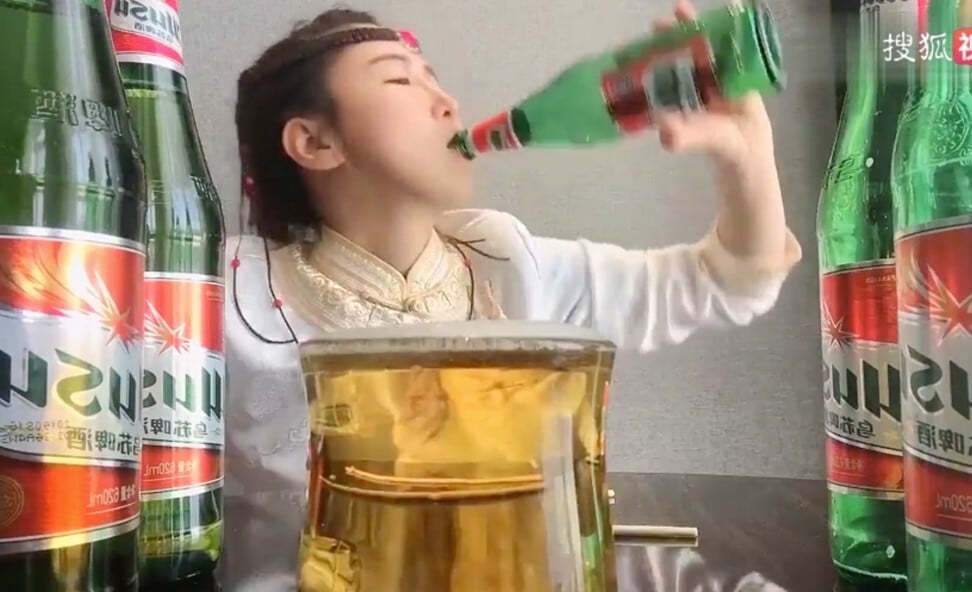
“The rise of live streaming is also affecting how people see alcohol use. Some people would try to grab eyeballs by drinking a large volume of alcoholic beverages, which has a strong demonstration effect.”
Public safety or personal responsibility?
Despite the Communist Party’s anti-corruption crackdown, which includes banning its members and government employees from extravagant eating and drinking, alcohol consumption seems to have changed little according to the data.
Xu said the available evidence shows increasing alcohol consumption and associated health issues, which demonstrates people were still too slow to understand the dangers of excessive drinking.
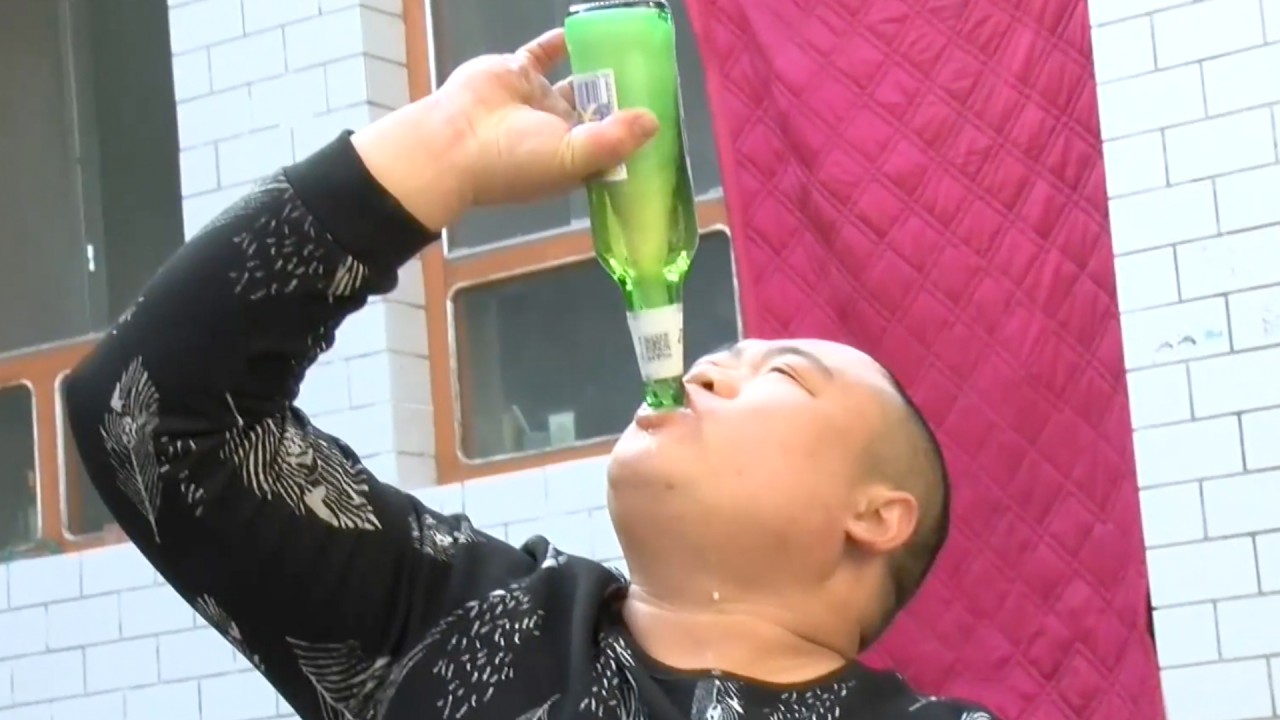
01:27
Chinese man’s ‘tornado’ beer-drinking style becomes online sensation
“Although alcohol use has dropped among public servants after the Chinese Communist Party banned its members from extravagant eating and drinking as part of an anti-corruption drive in 2015, there’s no change of attitude among the general public.”
Beijing IT sales worker Zhu says drinking alcohol forms a routine part of most young people’s social lives.
“Most of the acquaintances at my age believe that drinking a little alcohol is good for health, especially mentally. Few would refuse it completely for health purposes,” she says.
“I drink once every week or every other week, each time about the volume of one or two bottles of fruit soju. I think this is a healthy level.”

